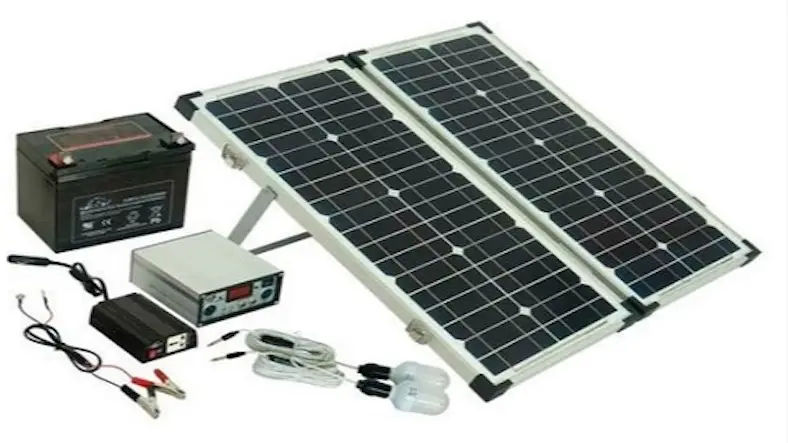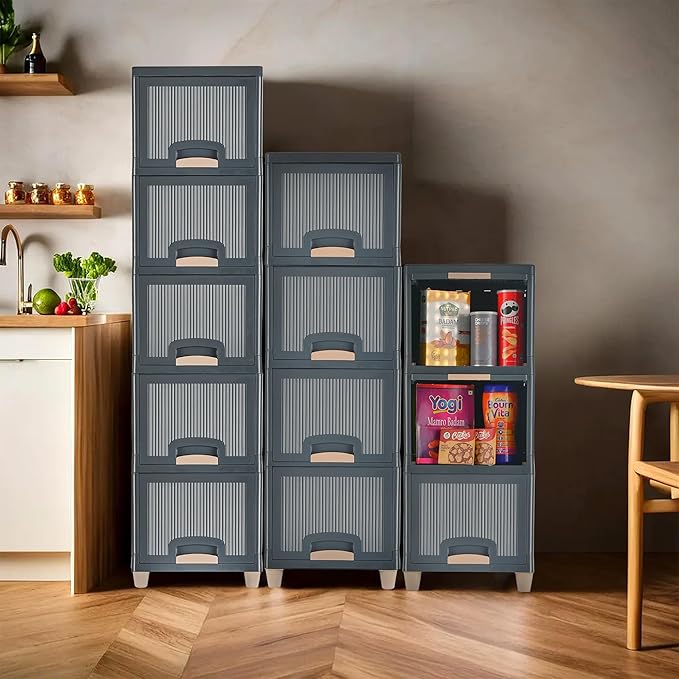Selecting an efficient inverter is crucial for maximizing the energy production of your solar panel system.
Here are key considerations for choosing an efficient solar inverter:
- Type of Inverter:
- String Inverters: These are connected to multiple solar panels in a series. They are cost-effective but the performance of the whole string can be affected if one panel is shaded or underperforming.
- Microinverters: Each panel has its own microinverter. They can optimize the performance of each panel independently, making them more efficient, especially in partially shaded conditions.
- Efficiency:
- Look for inverters with high efficiency ratings. This indicates how much DC electricity is converted to AC electricity. Higher efficiency means less energy loss.
- Maximum Power Point Tracking (MPPT):
- Ensure that the inverter has MPPT technology. This allows the inverter to constantly adjust the operating point of the panels to maximize power production.
- Inverter Capacity (Size):
- The inverter should be appropriately sized for the total capacity of your solar array. Oversizing the inverter can lead to inefficiencies.
- Voltage Compatibility:
- The inverter should be compatible with the voltage of your solar panels. For example, if you have high-voltage panels, make sure the inverter can handle them.
- Temperature Tolerance:
- Consider the inverter's temperature tolerance. It should be able to operate efficiently even in high-temperature environments.
- Warranty:
- Check the warranty offered by the manufacturer. A longer warranty period indicates confidence in the product's reliability and performance.
- Brand and Manufacturer Reputation:
- Choose inverters from reputable and well-established manufacturers. They are more likely to offer reliable and efficient products.
- Grid Compatibility:
- Ensure the inverter is compatible with your local grid requirements. Different regions may have specific grid codes and standards.
- Monitoring and Data Reporting:
- Look for inverters that provide monitoring capabilities. This allows you to track the performance of your solar system and identify any issues.
- Certifications and Standards:
- Verify that the inverter meets industry standards and certifications. Look for certifications like IEC, UL and CE.
- Compatibility with Battery Storage (if applicable):
- If you plan to add battery storage to your system, ensure that the inverter is compatible with the type of batteries you choose.
- Price and Budget:
- Consider the cost of the inverter. While efficiency is important, it should also fit within your budget.
- Technical Support and Service:
- Check if the manufacturer offers good technical support and service. This can be crucial in case of any issues or maintenance needs.
Remember to consult with your solar installer, as they will have experience with specific inverter models and can provide recommendations based on your system's requirements. They can also help with the technical aspects of inverter selection and installation.
Thanks for reading the article, for more Science and Technology related articles read and subscribe to peoples blog articles.















